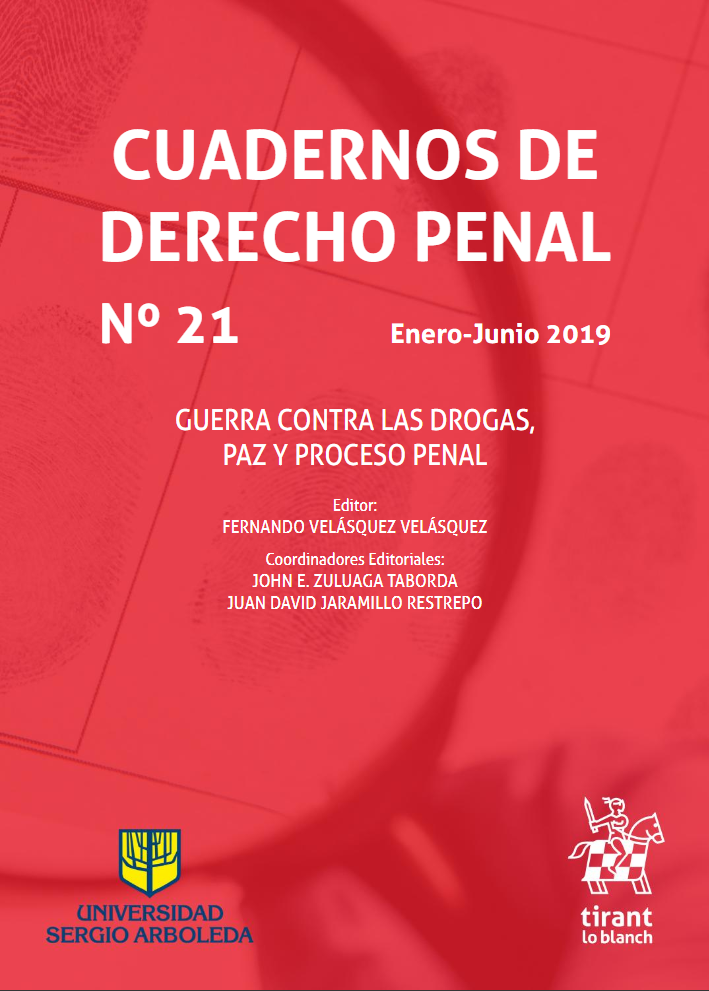Abstract
This paper purports to call the attention of presiding judges in ongoing criminal proceedings to the conditions of reliability of scientific expert evidence, in particular, as it relates to the comparative analysis of the voice as it meets the «Daubert standards», understood as those criteria of United States jurisprudence codified under the Code of Criminal Procedure which have been created for the admission of relevant scientific evidence at trial. To this end, the paper makes a conceptualization of the expertise of voice comparison, highlighting its international position in canonical legal cultures such as Spain and the United States, with a special focus on the development of this criminalistic technique, to suggest that the credibility of this scientific evidence is consistent with societal requirements that exceed the traditional process of probative evaluation in order to become occupied by situations of social dimension which modernize the judge’s knowledge.

